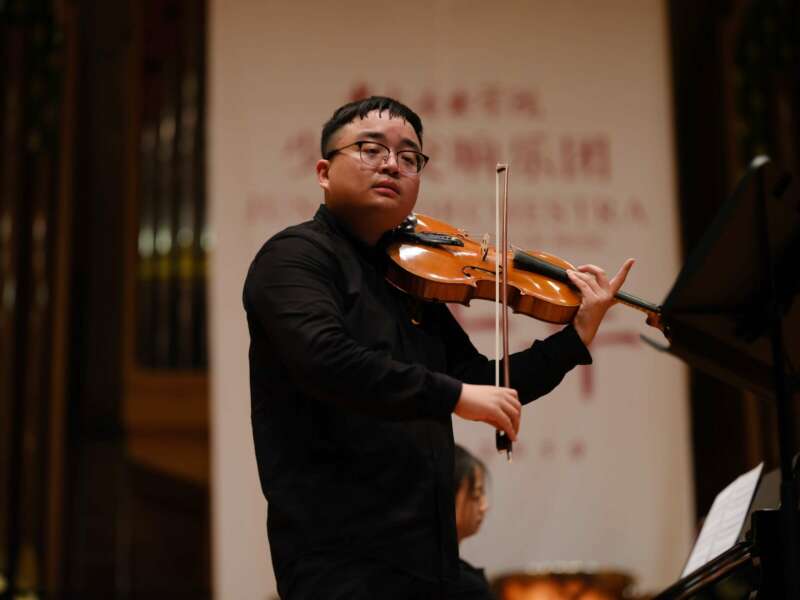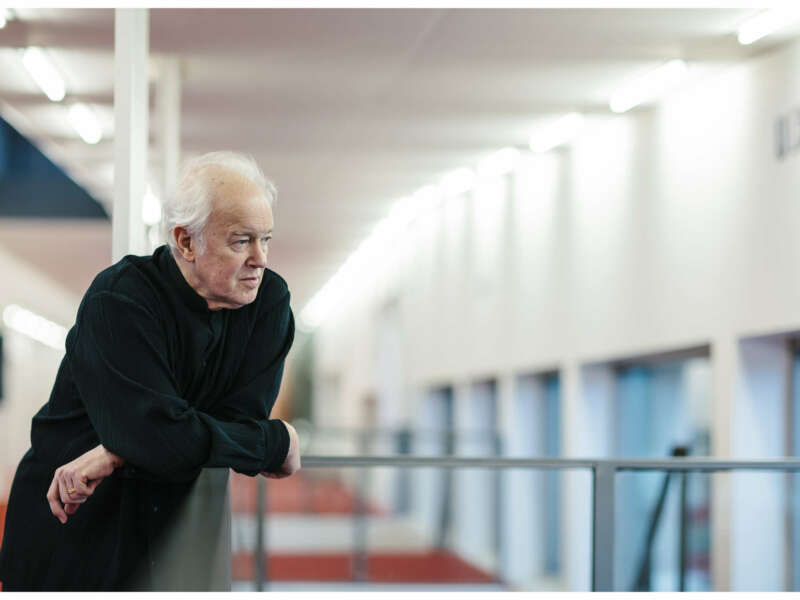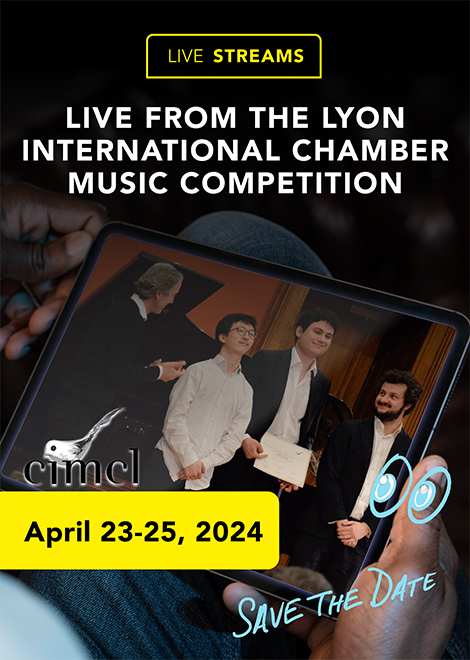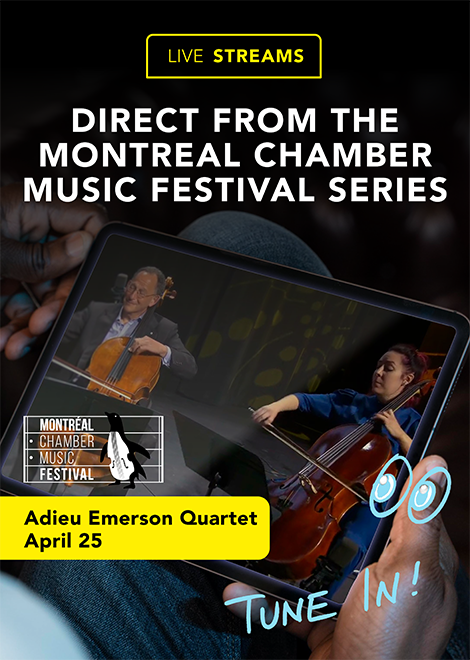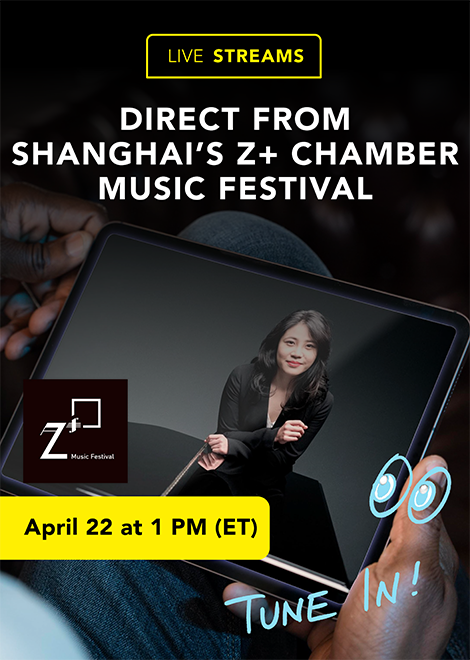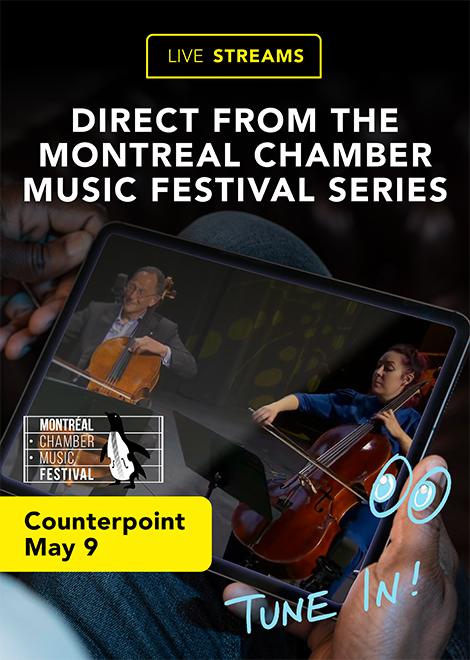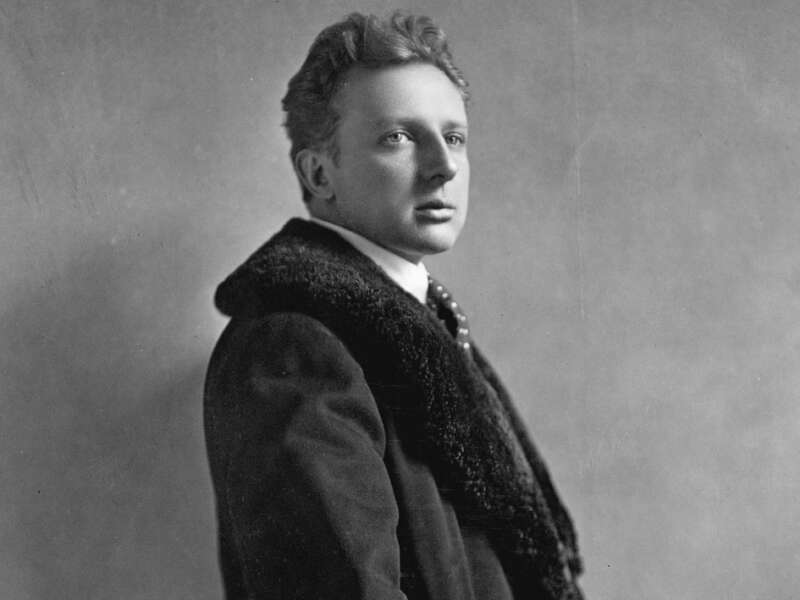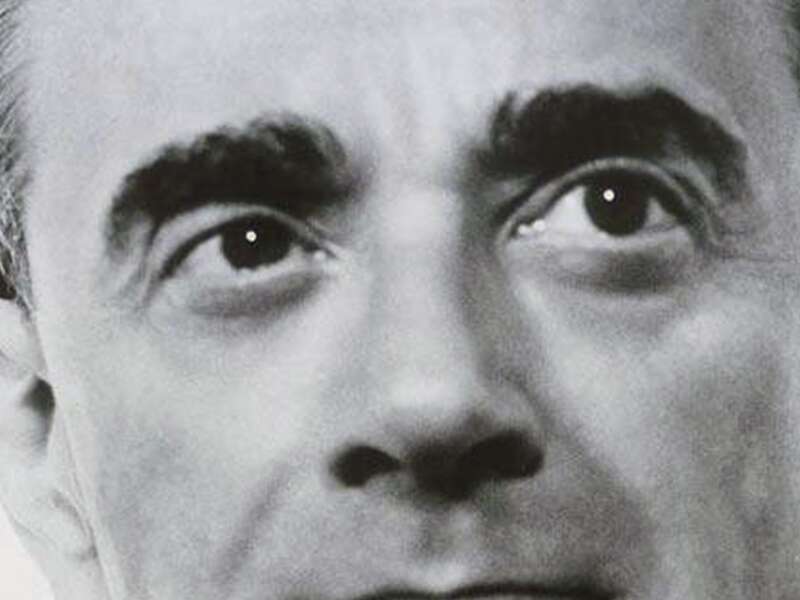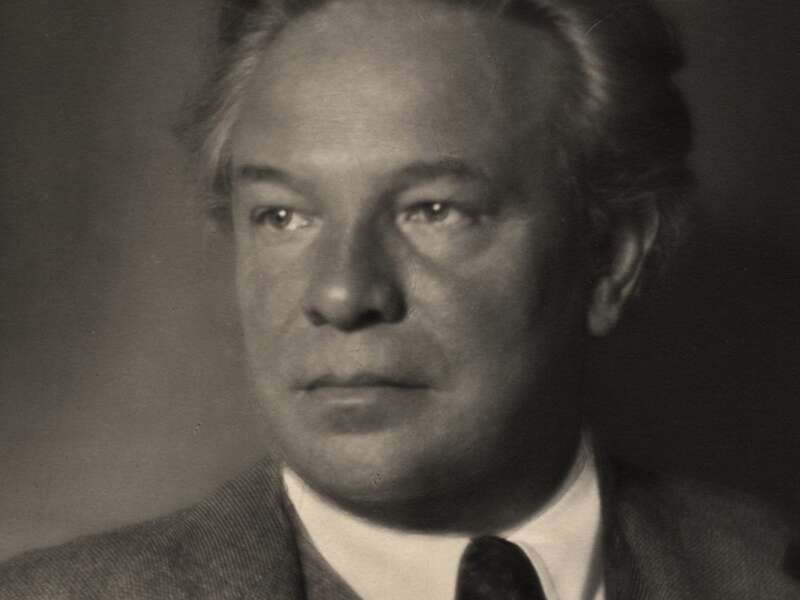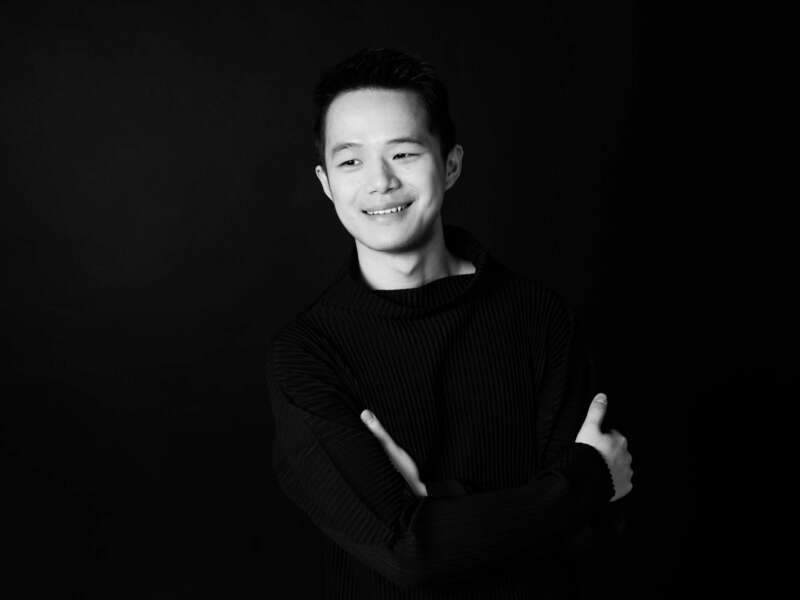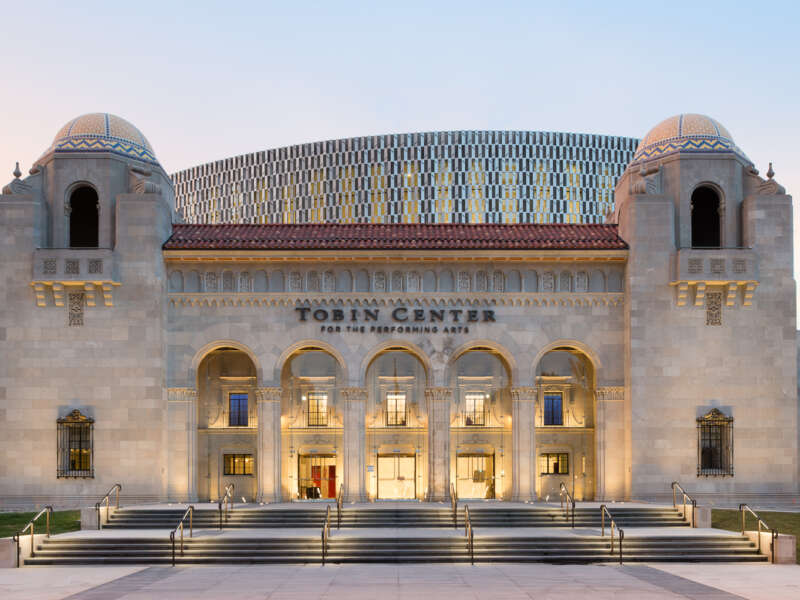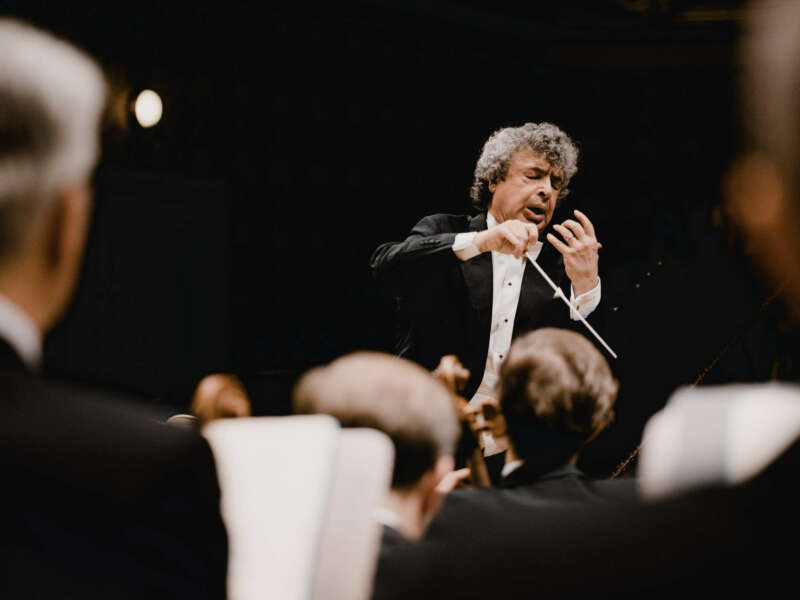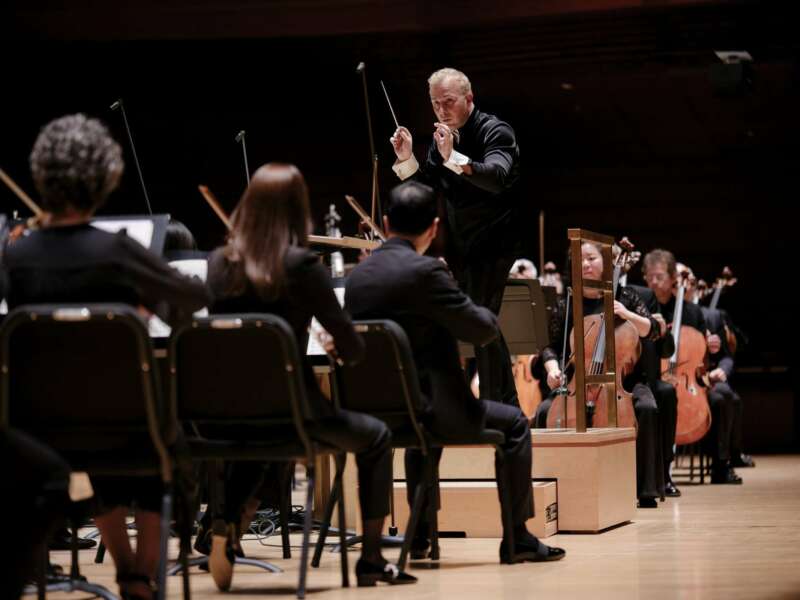What to Prioritize in a Short Rehearsal?
The Violin Channel recently caught up with a number of esteemed international collaborative pianists – to find out how to ensure a successful performance when one only has a limited amount of rehearsal time.
Nicola Eimer
London's Royal Academy of Music Faculty Member and Official Pianist of the Menuhin Competition
Have a clear idea in advance of the phrasing, tempo, and character.
This isn’t to say it can’t be flexible once you meet up and rehearse, but with a short rehearsal, it is imperative that you have already thought these things through.
I make sure I know both parts very well in advance of the rehearsal.
It’s particularly important to know how the parts fit together with one another, and to appreciate who has the primary part at any given moment - not all fortes are equal...!
Try not to get bogged down with unimportant detail in a short rehearsal.
Priorities:
Clear musical character and phrasing.
Convincing tempo and timings (breathing at key moments, relaxing tension when needed etc).
Matching articulation is important, especially in a classical sonata. The piano often needs to take the lead on this because of the nature of their sound decay.
Make sure you feel very confident with all beginnings and endings. If you are limited by a short rehearsal time, these moments can feel exposed and scary


Andrew Armstrong
International Collaborative Pianist
To play. Seriously, if time is limited, I rely on colleagues just to play, and play with focus and intent, so that I can hear what they want to do.
Communicate with your sound, with your heart and silent brain.
No time to get into a long discussion, please don’t get stuck in the weeds and the minutiae when the clock is ticking.
And no need to stop and analyze every moment that isn’t quite together on the first reading; we are professionals listening carefully to each other, we heard the discrepancy, we’ll adjust to each other on the next pass.
And when we do talk, it’s much better to spend a sentence or two on your general spiritual response/approach to the work than to pour over the first theme with exhaustive analysis and suddenly we’re out of time before we’ve examined even the exposition.
It should be mentioned that when rehearsal time is short, the deeper each musician knows the other musicians’ parts, the whole score, the better and more efficiently the rehearsal will go, and the better the final performance can be.
The best musician I’ve ever played with always knows my piano part at least as well as I do after I’ve obsessed over and practiced it to death.


Rohan De Silva
Juilliard School Faculty Member and Official Pianist of the Joseph Joachim and Indianapolis International Violin Competitions
Slow practice is the key
Study your piano score in detail
Listen to other recordings with the score but DO NOT COPY!
Learn your partner’s score well
If you have time, invite a colleague of yours to run through the work (if they know it) before you meet the artist
If you have adequate time, play the work for your friends and get their feedback
Study the composers' style of writing so that you have a clear idea of what you need to portray according to the composer
If another person is performing the work at a concert, go and listen


Noreen Polera
International Collaborative Pianist
One of the most exhilarating and daunting tasks we encounter as collaborators is crafting a convincing performance with someone we have just met in a limited amount of rehearsal time.
My number one priority in these circumstances is to play through the piece to establish a common ground regarding overall tempos.
Creating a unified rhythmic pulse can immediately build a wonderful musical trust and rapport.
Once a natural flow is felt we can begin to fully listen and react musically to each other.
One thing I would always caution against—don’t get bogged down in discussing minutia.
Always remember the big picture!
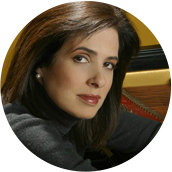

Chih-Yi Chen
Jacobs School of Music Faculty Member and Official Pianist of the Indianapolis International Violin Competition
Tempi and the style of playing are critical to a successful performance especially when rehearsal time is limited.
I want to be sure to match the temperament of the player and be sure that our musical personalities are complementary.
More importantly, I want to be sure that we sound like a team that has been collaborating for a long time even if we have only had one or two rehearsals.
The better an instrumentalist knows the music, the easier it is for me to follow their lead
Eduard Laurel
International Collaborative Pianist
A successful performance is magical. With limited rehearsal before a performance, my priority is an attitude of joy and honor. Confidence born of adventure most often puts my partners at ease.
These situations are generally competitive, and the role of the pianist is to be supportive, though with the accomplished they understand how to Ride The Wave.
The camaraderie of working together to accomplish a goal is a task, as such not complicated.
There is no time for ego, nor didactics.
To teach the less experienced to be demonstrative of their needs to persuasively play to each other, our communication persuades our audience.
Technically, it isn’t issues of tempo, but fluidity.
Through breathing, there is an exploration of coloration through timing.
The goal is to bring out the best of my artists, virtuosos, scholars, painters, even brutes!
In our limited association, there is never haste, as Our Time is in The Now.
In discussion of our playing to note issues of misunderstandings in points of departure and arrival, of presence and recess, builds trust.
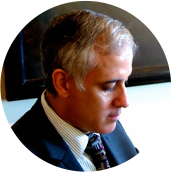

Thomas Hoppe
Hanns Eisler School of Music Faculty Member and Official Pianist of the Joseph Joachim, Queen Elisabeth and Indianapolis International Violin Competitions
My priorities are to mash my interpretation with that of my partners in such a way that they feel comfortable – and free to express what it is they'd imagined.
In a situation like this of great stress and pressure, I will also try to provide musical and human confidence ... and trust.
Dina Vainshtein
New England Conservatory Faculty Member, Pianist
My top priority as a collaborative pianist is to enable my musical partner to play their best - and to feel as free as possible to express themselves.
Even within a short rehearsal, it’s possible to establish a mutual trust - which is so important on stage and will make for an inspiring performance.
And then … LISTEN!
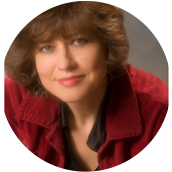

Carlos Avila
Juilliard School Studio Pianist
I’m sure this will be reiterated by everyone, so ... know the piano part and be open to things that may be different from what you’re used to.
Be aware that much of the time, your pianist may have ten times more experience than you with the piece you’re playing
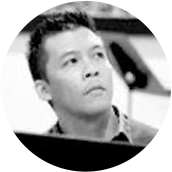

Boris Kusnezow
Hannover University of Music Faculty Member and Official Pianist of the Joseph Joachim International Violin Competition
Having only a short amount of time, I think it is most important to be empathic and quickly get on the same wavelength as your musical partner - not only on a musical level but also on a personal one.
The feeling of trust and unity on stage is not only powerful for the audience but it also allows each of the musicians be be truly free and creative.
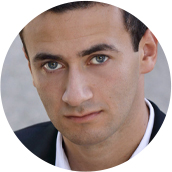

John Arida
Collaborative Vocal Pianist
Having limited rehearsal time is part of the norm of a professional musician.
As a collaborative pianist, it’s wonderful being able to juggle multiple projects at a time, however that does not always allow for optimal rehearsal time, especially if your musical partner(s) has a full performance schedule.
It becomes paramount to make every minute in that limited time count before your one performance, or if you’re lucky, before you go on tour.
Although I can’t read our partner's mind, the overall goal is to eliminate as much of the guesswork as possible and to feel as comfortable and solid in my own musical choices before our rehearsal.
My primary goal is to be able to sing, phrase, and interpret my partner’s part from start to finish of the program.
Although it adds some stress, I raise the stakes for myself pretending that I am scheduled to give my own (wacky) solo concert.
If performing with a singer, I want to have a deep understanding of the poetic text, not only so that it is reflected in my playing, but so my partner and I are on the same page, communicating the same idea.
Equally as important, I will try and play through as much of the program every day to build muscle memory, coupled with quiet studying.
A teacher once told me that as collaborative pianists, sometimes we settle for an elevated level of sight reading. My goal is to have the program not exactly memorized, but close to it.
I will make a point to go through the most difficult passages (almost) every day, cranking the metronome up, until I can play it about two clicks faster than the actual tempo.
Not only does this help instill technical and rhythmic security, but it helps me stay focused on the task at hand so that there are no moments of panic in rehearsal or performance.


Do you have a question you’d like our network to answer? Simply email: [email protected]
april 2024
may 2024








